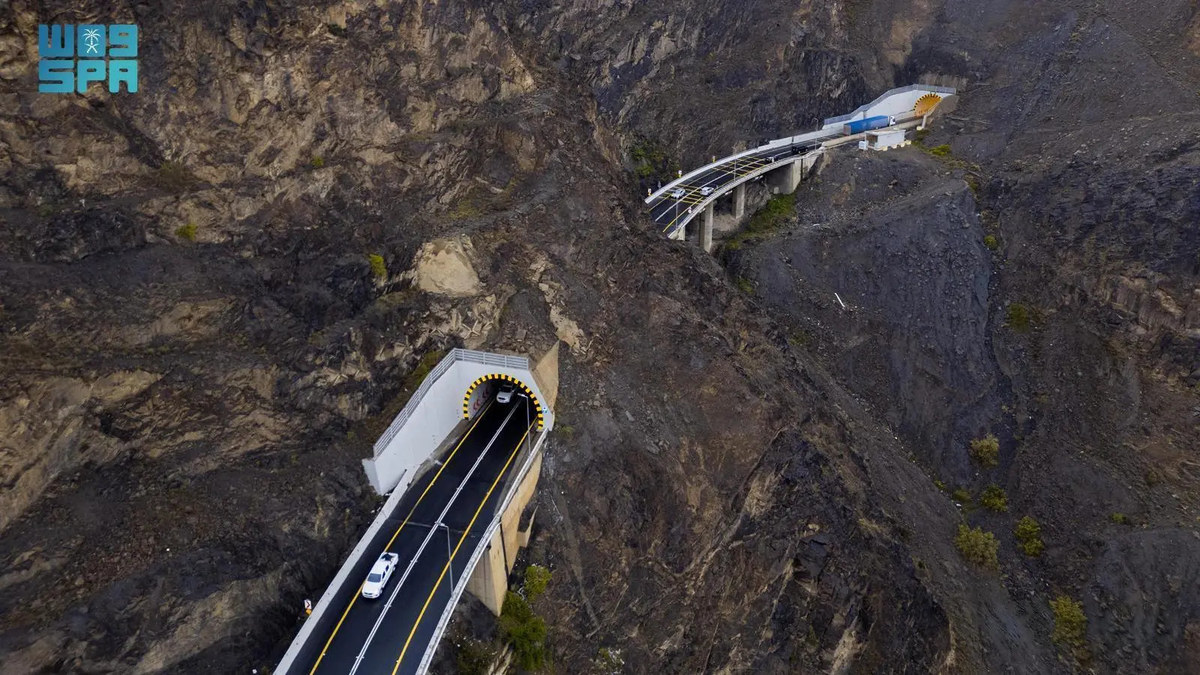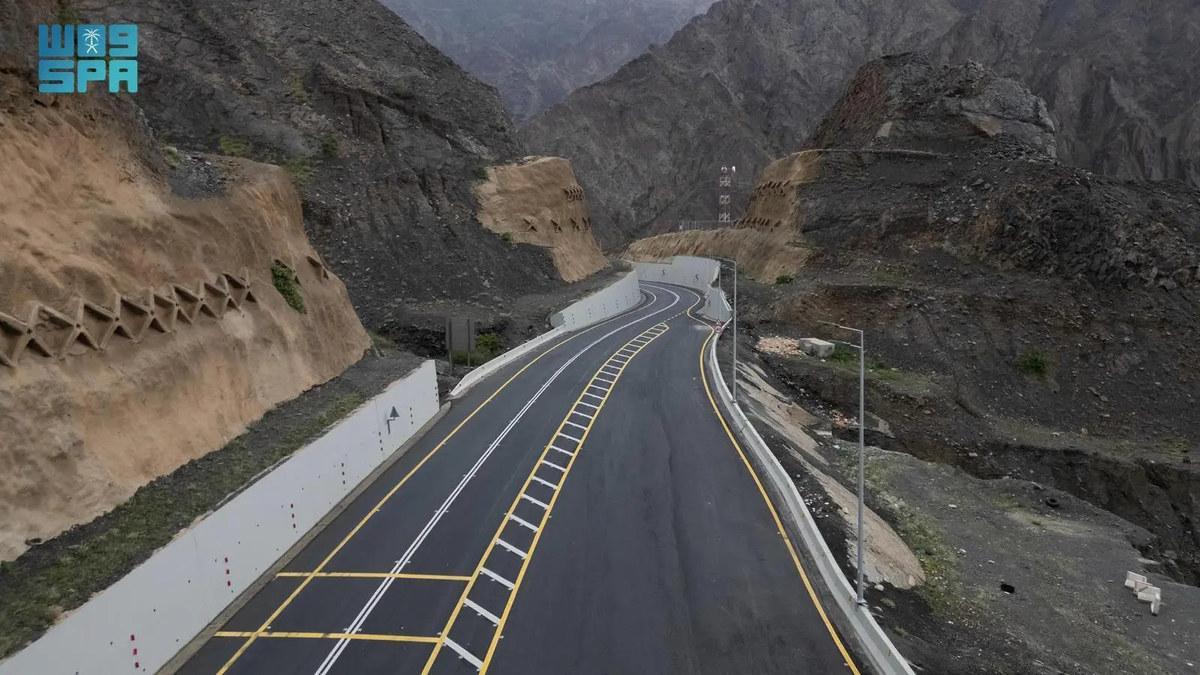DUBAI: Over the past few years, Saudi Arabia has hosted multiple cultural events spanning art, film and fashion. As the Kingdom accelerates toward Vision 2030, it is fast establishing itself as one of the most significant cultural hubs in the Middle East and a new report titled “New Codes of Luxury in Saudi Arabia,” by the Together Group and The Future Laboratory, has surmised that the cultural boom is opening the door for international luxury brands to gain a stronger foothold in the Saudi market.
“The visibility of these events and publicity, especially for the Saudi public, should encourage luxury brands to participate in the way they seem fit,” Abdullah AlKhorayef, real estate development director at Abdullah Ibrahim Alkhorayef Sons Co., told Arab News.
The report surmises that Saudi Arabia’s creative economies and cultural sectors are in growth mode and states: “The domestic fashion industry, led by the Fashion Commission, is gaining international recognition. Events like Riyadh Season, the Diriyah Biennale and the Red Sea International Film Festival, and investments in the entertainment and video game sectors, are helping establish Saudi Arabia as a leisure hub.”
“I think, now, Saudi Arabia is the biggest cultural hub in the Middle East. Brands need to understand that and not compare it to other regional cities. They need to invest in understanding the Saudi culture, people, and vision,” explained AlKhorayef. He believes that plans for a diversified economy, as set out in Saudi Arabia’s Vision 2030 plan, are clearly defined and international brands need to take the program
seriously by compounding their presence in the country. “Employing Saudis and investing in the country will give them a huge advantage over the competition,” he said.
According to the report, luxury brands are beginning to take note. For instance, last year, German luxury e-tailer Mytheresa hosted an event in Riyadh and collaborated with Saudi influencer Nojoud Al-Rumaihi for its 2023 Ramadan and Eid campaign. Additionally, the e-tailer is ambitious to establish its footprint in the Kingdom and is increasing its on-ground presence via on-site personal shoppers, local PR initiatives and exclusive events for VIP customers. Also, in 2023, the National Museum of Saudi Arabia hosted the “Van Cleef & Arpels: Time, Nature, Love” exhibition featuring 280 important pieces – some of which belonged to royalty and iconic Hollywood celebrities.
Another local industry that is fast growing is fashion. According to the report, the nascent industry is a pivotal element of Vision 2030 and one expected to contribute 1.4 percent to the Kingdom’s GDP, according to Forbes. With the advent of fashion week, held last year in Riyadh, the exposure of homegrown designers is further amplified, offering ample opportunities for homegrown luxury brands to gain a foothold in the market. “The fashion industry has multiple advantages – from preserving and documenting to shaping the culture. Alongside providing employment, industrial manufacturing, and services. This will all eventually help the economy to become less reliant on oil,” AlKhorayef elaborated.




















